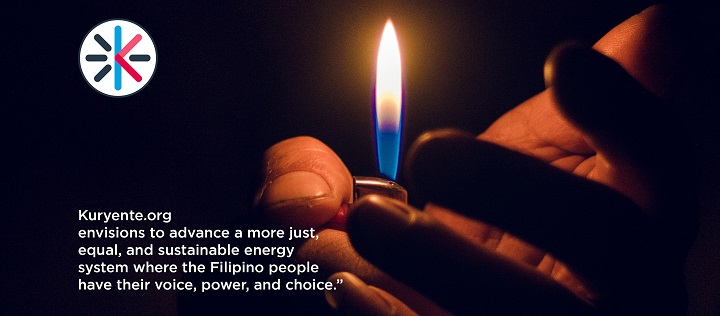
As Metro Manila re-entered COVID-19 alert level three, non-essential businesses are no longer allowed to operate; restaurants and social gathering places are allowed to operate under strict guidelines and limited capacities. Once again, families worry about their health and finances.
If COVID-19 cases continue to rise, Metro Manila may enter alert level four, with harsh lockdowns reminiscent of March 2020. Consumer welfare group Kuryente.org is sounding the alarm against a possible repeat of Meralco’s alleged overpricing during the lockdown period.
Fraudulent electricity pricing at the onset of the COVID-19 pandemic
On March 16, 2020, as the country grappled with the spread of the COVID virus, the government called for a lockdown. As one of its mitigating measures, electricity billing was suspended from March 16 to June 15, 2020. Since non-essential work was suspended, including electric meter reading, Meralco resorted to charging the “average” rate consumed by customers in the months prior to the lockdown.
However, electricity rates during the pre-lockdown period were higher than usual because Meralco declared a yellow alert on electricity supply due to an alleged generation shortage from their suppliers. As non-essential establishments were ordered by the government to temporarily shut down, electricity demand declined causing generation charges to drop. However, despite the drop in generation charges during lockdown consumption, Meralco suspended meter reading and unilaterally based consumer rates on the higher pre-lockdown “average”.
“Despite the heavy financial burden of the pandemic on the Filipinos, Meralco overcharged its customers. The Meralco “averaging scheme” was based on higher generation rates of a bygone period and not the lower generation rate of the lockdown period,” explains Kuryene.org national coordinator Nic Satur, Jr.
More details about this alleged fraudulent electricity pricing can be read in a research commissioned by Kuryente.org, titled Electrifying a Nation: The Philippine Energy Sector in Focus.
A closer look at the Philippine energy sector
How well do Filipino consumers understand the workings of the energy industry? In a country with 19.9 million households that rely heavily on electricity, how much do we really understand about this basic commodity?
Kuryente.org hopes to educate consumers on the history and current landscape of the Philippine energy sector through its study, Electrifying a Nation: The Philippine Energy Sector in Focus.
Commissioned in 2020 and launched in April 2021, the research gives a comprehensive look at how power is serviced to the consumers –from production to consumption. It also details the key industry players in the energy sector and what comprises the monthly electricity bill that is charged to Filipino consumers.
“Our main objective in producing this research study is to educate consumers on how the Philippine energy sector operates. Information is key to an empowered, participative, and engaged citizenry. We want energy consumers to understand how the industry works that way it does – how history and the privileged few who control it affects every household in the country,” Satur said. “We hope this study would serve as an information manual on energy-related concerns for Filipino
consumers.”
Presented in full-colored graphics and backed up with historical and numerical data, the research paper begins with a brief introduction of the history of the Philippine power sector, provides a review of the landmark EPIRA Law, introduces the key players in the industry, as well as explain the supply chain, production, and distribution of electricity.
Apart from consumer education, Kuryente.Org also pushes for significant consumer representation in the decision-making processes of key government regulatory bodies, such as the Energy Regulatory Commission (ERC).
“Electricity issues affect us all; we are all consumers of it. Hence, it is only necessary to have ample representation and voice for consumers during critical policy-making processes that will consequently affect them,” Satur says.
‘Electrifying a Nation’ is free to download on the Kuryente.Org website

